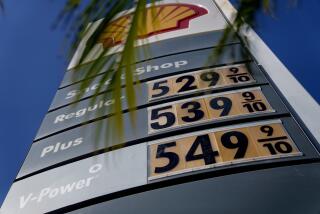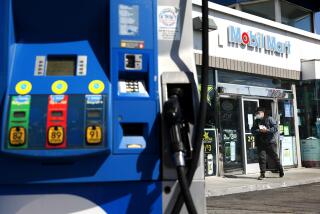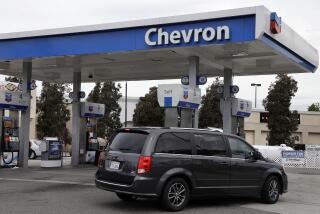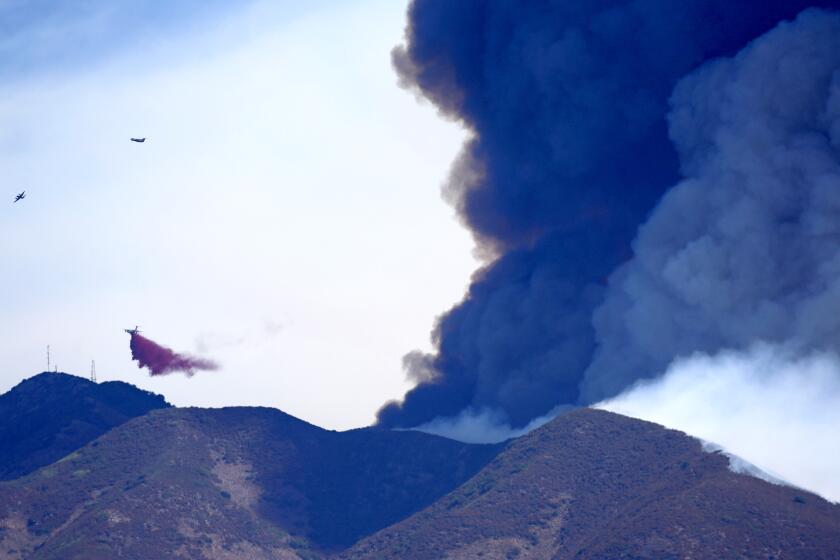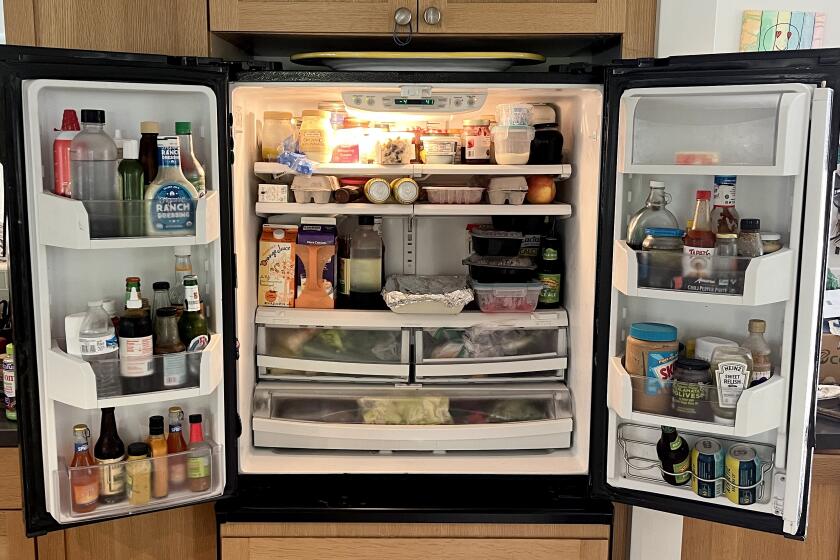Saudis’ price war on U.S. oil is giving us cheap gas
As the owner of a gas-guzzling, 16-year-old Dodge Ram that I use to pull a horse trailer, haul a ski boat and loan to friends who are cleaning out their basements, I like the way gasoline prices are heading. But I also know enough to understand neither the president nor Congress nor the U.S. oil companies deserve thanks for these low prices at the pump. The Saudis can claim credit -- or blame.
Saudi Arabia -- a country where women are treated like property, liberal-minded bloggers are treated to floggings, and militant Islamists are treated to generous funding from those who benefit from the glut of oil revenue. It is that revenue that is the one and only thing keeping the Saudis from slipping back into the impoverished, nomadic life they enjoyed a century ago, so they are keen to protect it.
The Saudis are facing an unexpected new challenge to their primacy in the empire of oil. North America, which had once been their best customer, is quickly becoming their most potent competitor. Hydraulic fracturing, the controversial and ecologically dubious extraction process more commonly known as “fracking,” has opened up vast new reserves of oil in Alberta, North Dakota and other areas. The production potential is so great that the United States, rather than being an oil importer reliant on suppliers in the troubled regions of the Middle East, could soon be a major exporter. The energy independence for which a generation of politicians have clamored is at hand.
Except for one thing. Fracking is not cheap and the Saudis know it.
Oil prices need to be high to justify drilling into tar sands and shale rock to bring up the hard-to-get-at crude. One good side benefit of high-cost fossil fuels is that renewable energy development has finally become economically feasible. Even as the environment is being compromised by fracking for dirty oil, environmentally friendly wind and solar power businesses have begun to prosper. But, with gasoline prices plummeting to half what they were two years ago, alternative-energy companies are taking a big hit.
Even more dramatic is the effect on the North American oil boom. As profits slump, drilling slows and jobs go away. Even the congressional debate over the Keystone XL pipeline could become moot. There is no reason to build an expensive pipeline from Canada to the Gulf Coast if cheap gas makes the cost of pumping from the tar sands a bad business deal.
This is just what the Saudis want. Against their own short-term interests, they and their OPEC partners have kept production high and oil abundant. Generally, the Saudis can be counted on to modulate the oil supply to sustain steady profits. Now, though, the Saudis have concluded it is worth living with lower prices in the service of a long-term goal. That goal is to undercut U.S. and Canadian oil producers. They would love to see North Dakota return to being an empty prairie instead of an oil dynamo.
The Saudis played a similar game back in 1986 when they ramped up production, drove prices down and sent American oil drillers in Oklahoma, Texas and Louisiana into bankruptcy. The U.S. oil companies are more robust now and claim they are ready for the fight. As Saudis and Americans play this game of chicken, the biggest damage will be suffered in the weaker oil-producing countries, such as Venezuela and Iran, as well as in the broader world economy. Eventually, this could hit much closer to home.
Still, because there is nothing you or I can do about it, we might as well do what Americans do and hit the highway. There are few things better to get your mind off the troubles of the world than a nimble car, a full tank of gas and an open road. Today, it’s a cheap way to go. Tomorrow, who knows?
More to Read
A cure for the common opinion
Get thought-provoking perspectives with our weekly newsletter.
You may occasionally receive promotional content from the Los Angeles Times.
